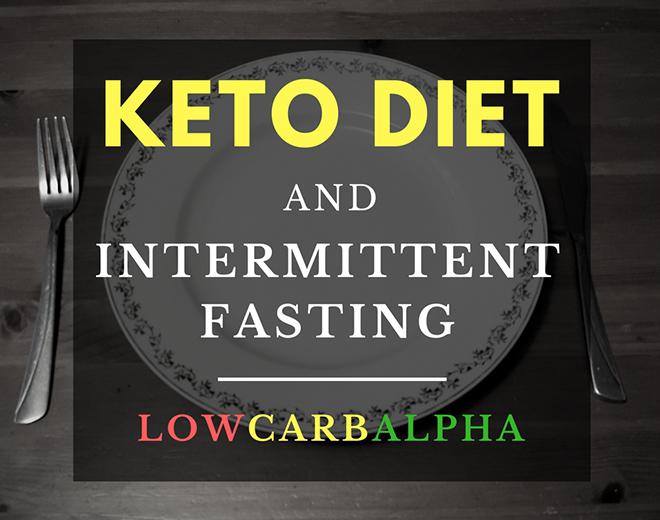What is Intermittent Fasting?
Intermittent fasting is an eating pattern that cycles between periods of fasting and eating. It does not specify which foods you should eat but rather when you should eat them.
How Does Intermittent Fasting Work?
When you fast, your body starts using stored fat as energy instead of food. This can lead to weight loss and numerous health benefits.
How to Start Intermittent Fasting
- Choose a fasting schedule: There are different methods of intermittent fasting, such as the 16/8 method or the 5:2 diet. Decide which one works best for you.
- Start slowly: If you are new to fasting, start with shorter fasting periods and gradually increase them as your body gets used to it.
- Stay hydrated: Drink plenty of water during your fasting periods to stay hydrated and avoid feeling hungry.
- Eat nutrient-dense meals: When you do eat, focus on consuming whole, unprocessed foods to provide your body with essential nutrients.
- Listen to your body: Pay attention to how you feel during fasting periods. If you feel unwell or excessively hungry, adjust your fasting schedule accordingly.
Intermittent fasting can be an effective way to promote weight loss and improve your overall health. Consult with a healthcare professional before starting any new diet or fasting regimen to ensure it is safe for you.
Benefits of Intermittent Fasting
Some of the potential benefits of intermittent fasting include:
- Weight loss: By reducing calorie intake and promoting fat burning, intermittent fasting can help with weight loss.
- Improved metabolic health: Fasting can lower insulin levels, improve insulin sensitivity, and reduce inflammation, all of which can benefit metabolic health.
- Brain health: Some studies suggest that intermittent fasting may promote brain health and protect against neurodegenerative diseases.
- Heart health: Fasting may help lower cholesterol levels, blood pressure, and reduce the risk of heart disease.
- Longevity: Some research indicates that intermittent fasting may extend lifespan and promote longevity.
It’s important to note that individual results may vary, and not everyone will experience the same benefits from intermittent fasting. It’s always best to consult with a healthcare professional before making any significant changes to your diet or lifestyle.
Remember, intermittent fasting is not a quick fix for weight loss or a substitute for a healthy balanced diet and regular exercise. It should be approached as a sustainable lifestyle choice that can provide long-term health benefits when done correctly.


